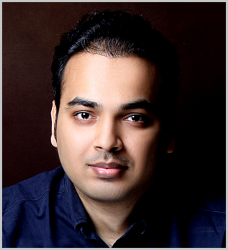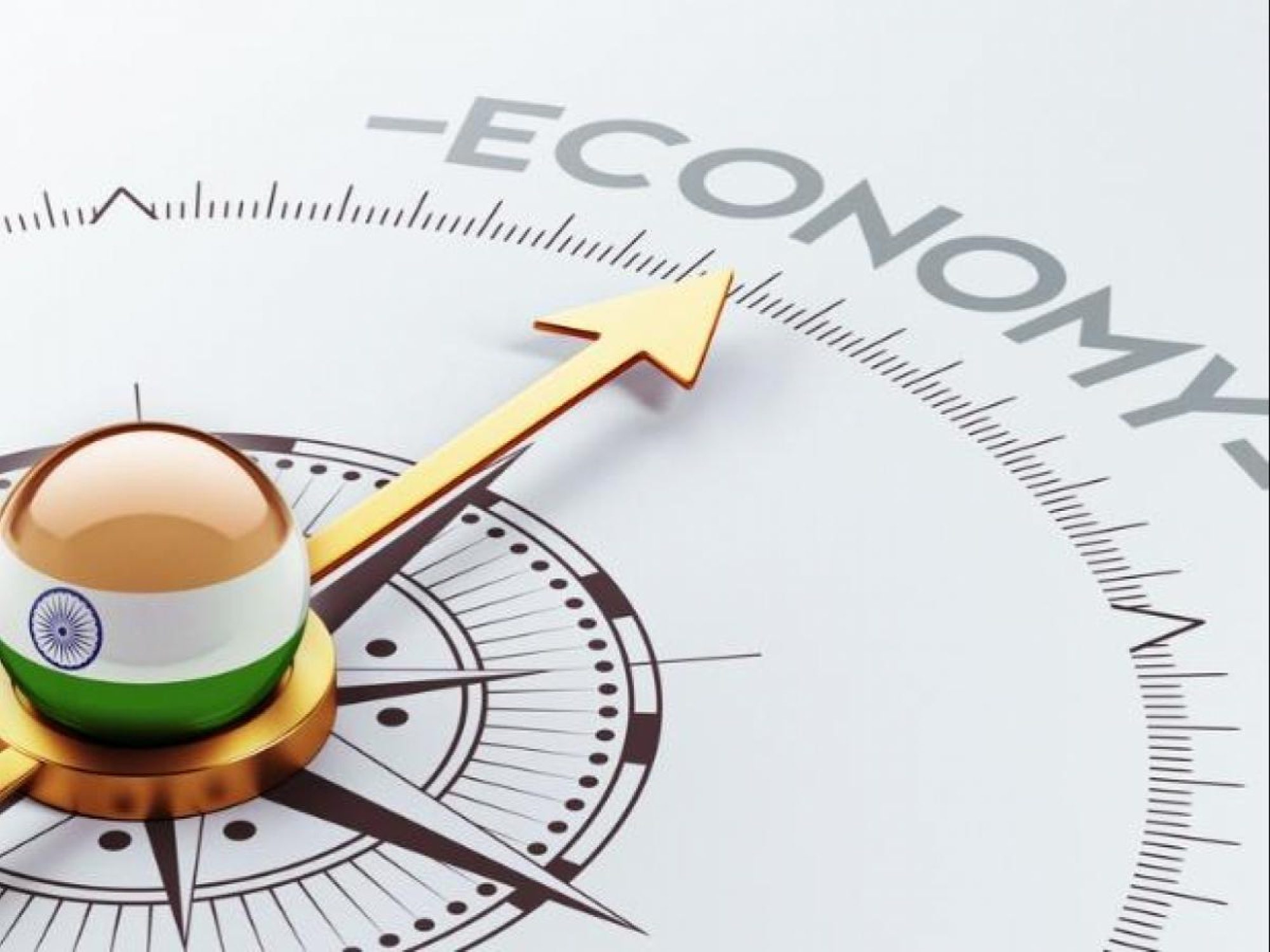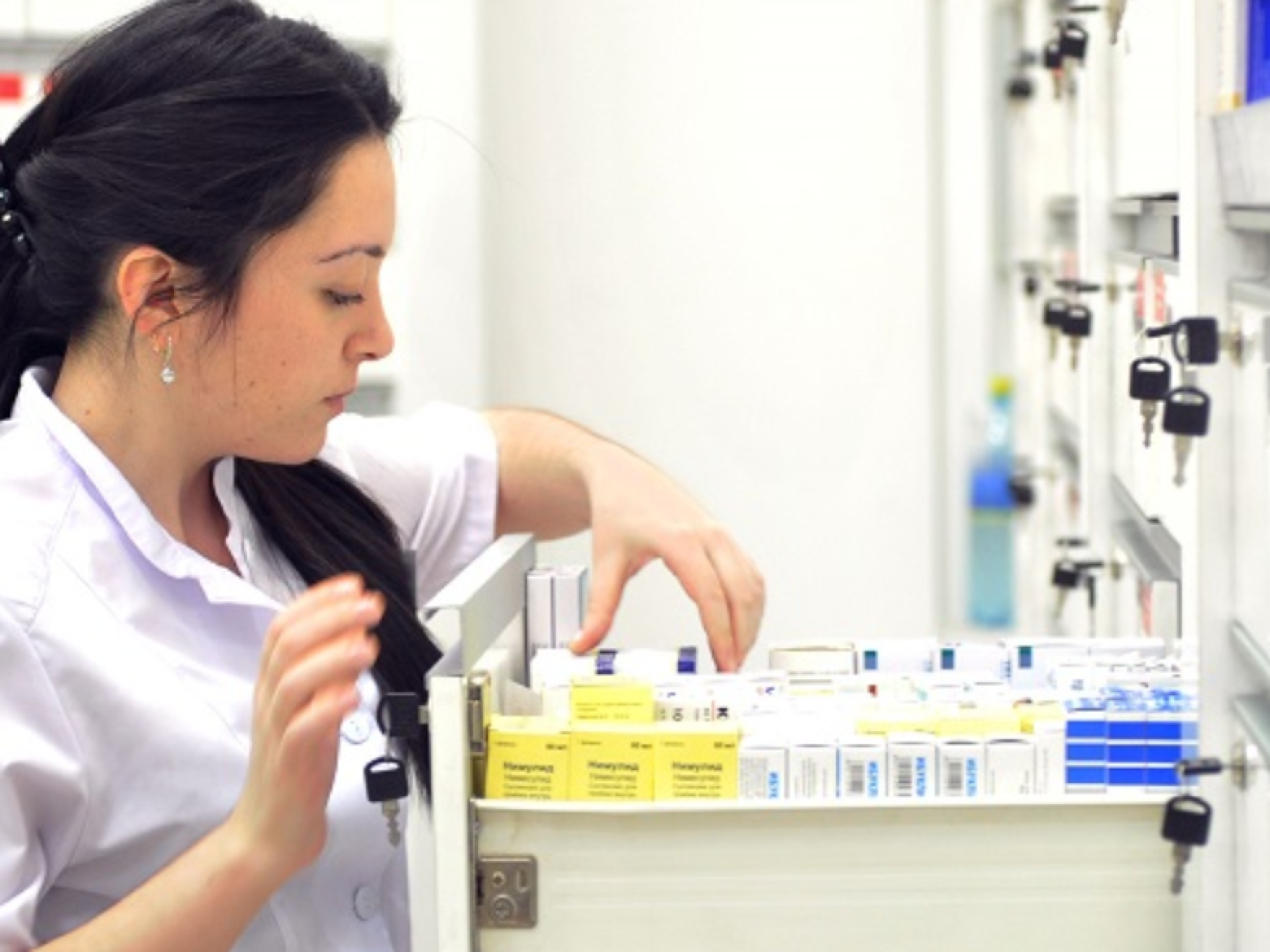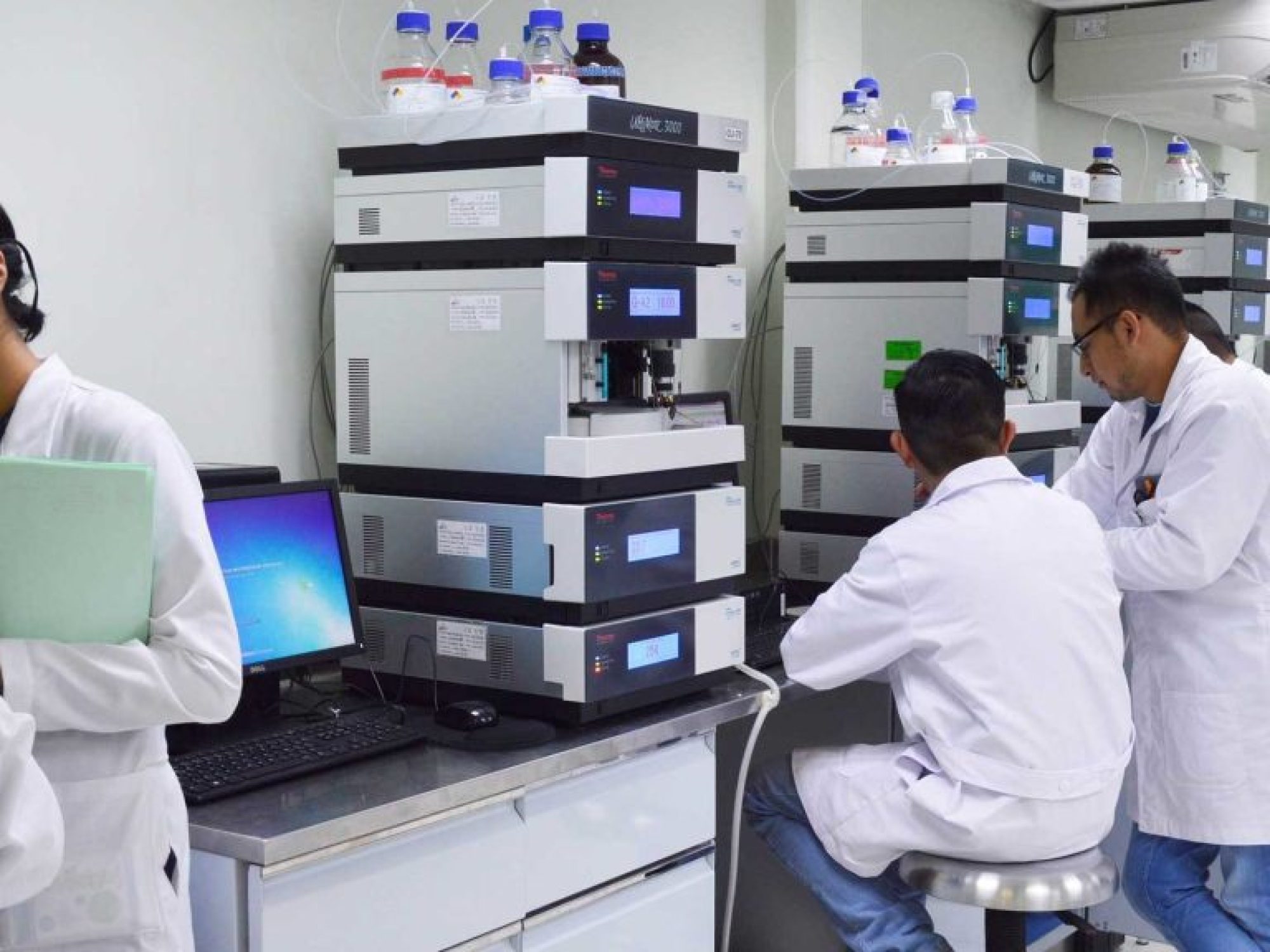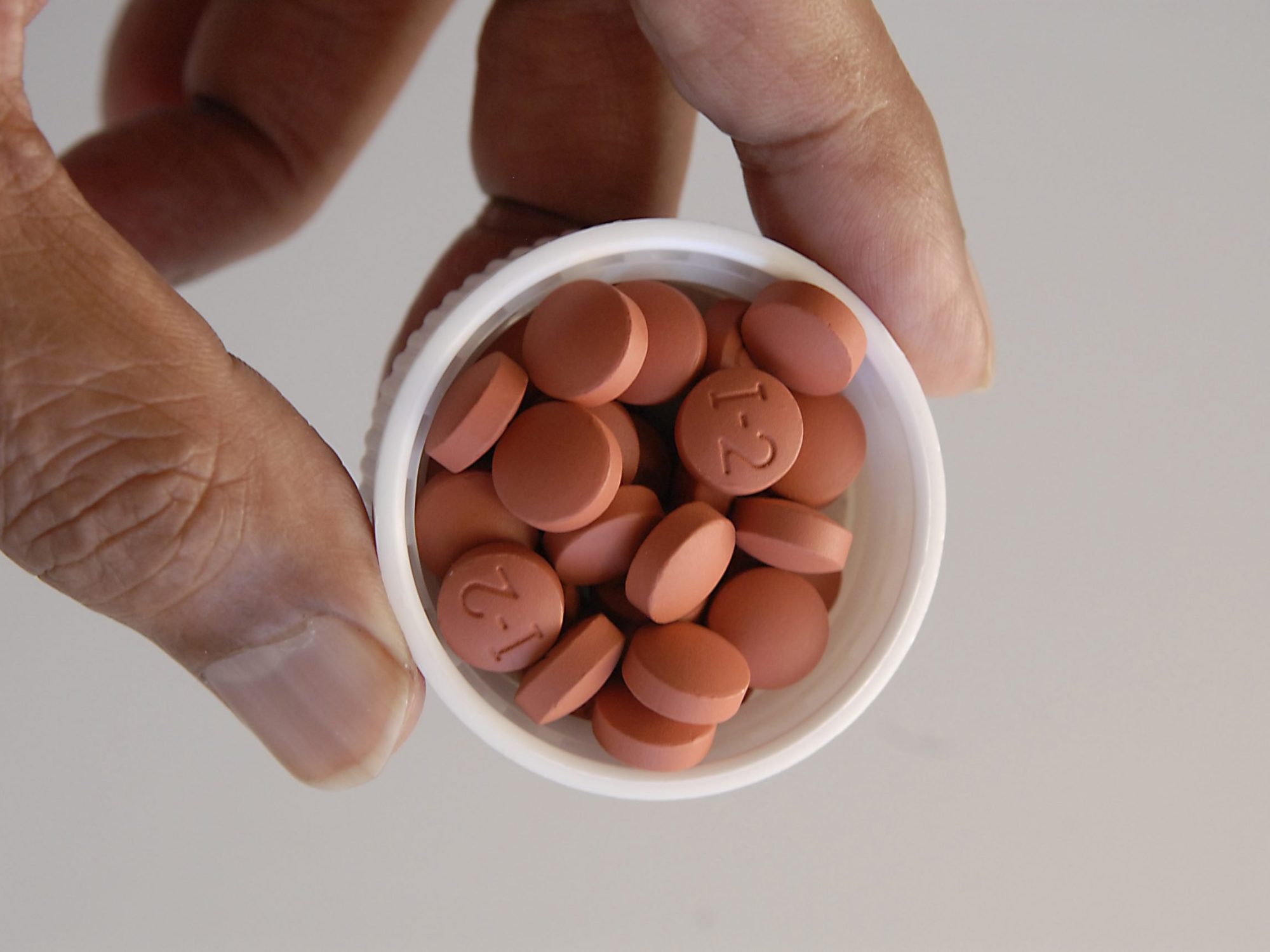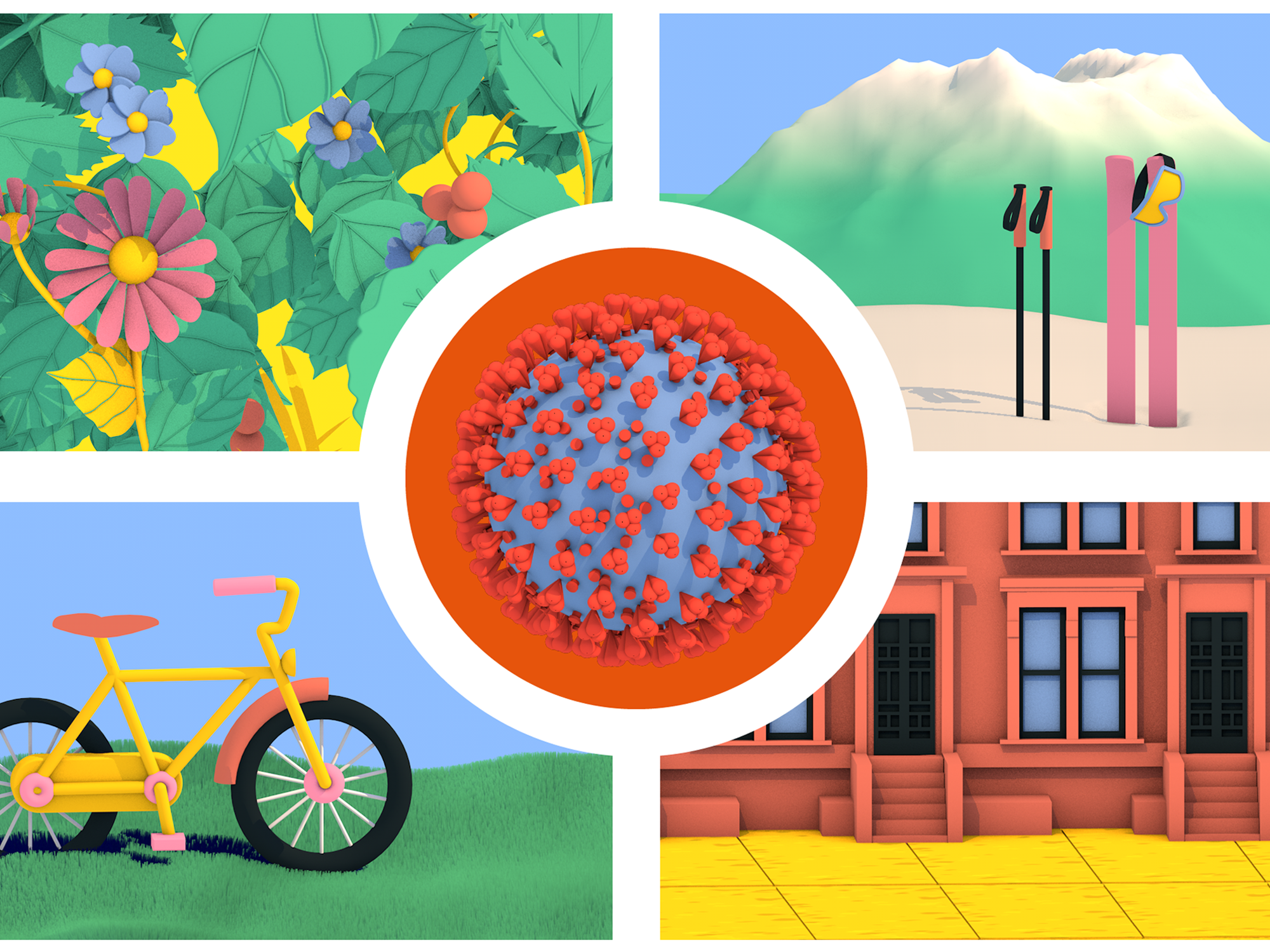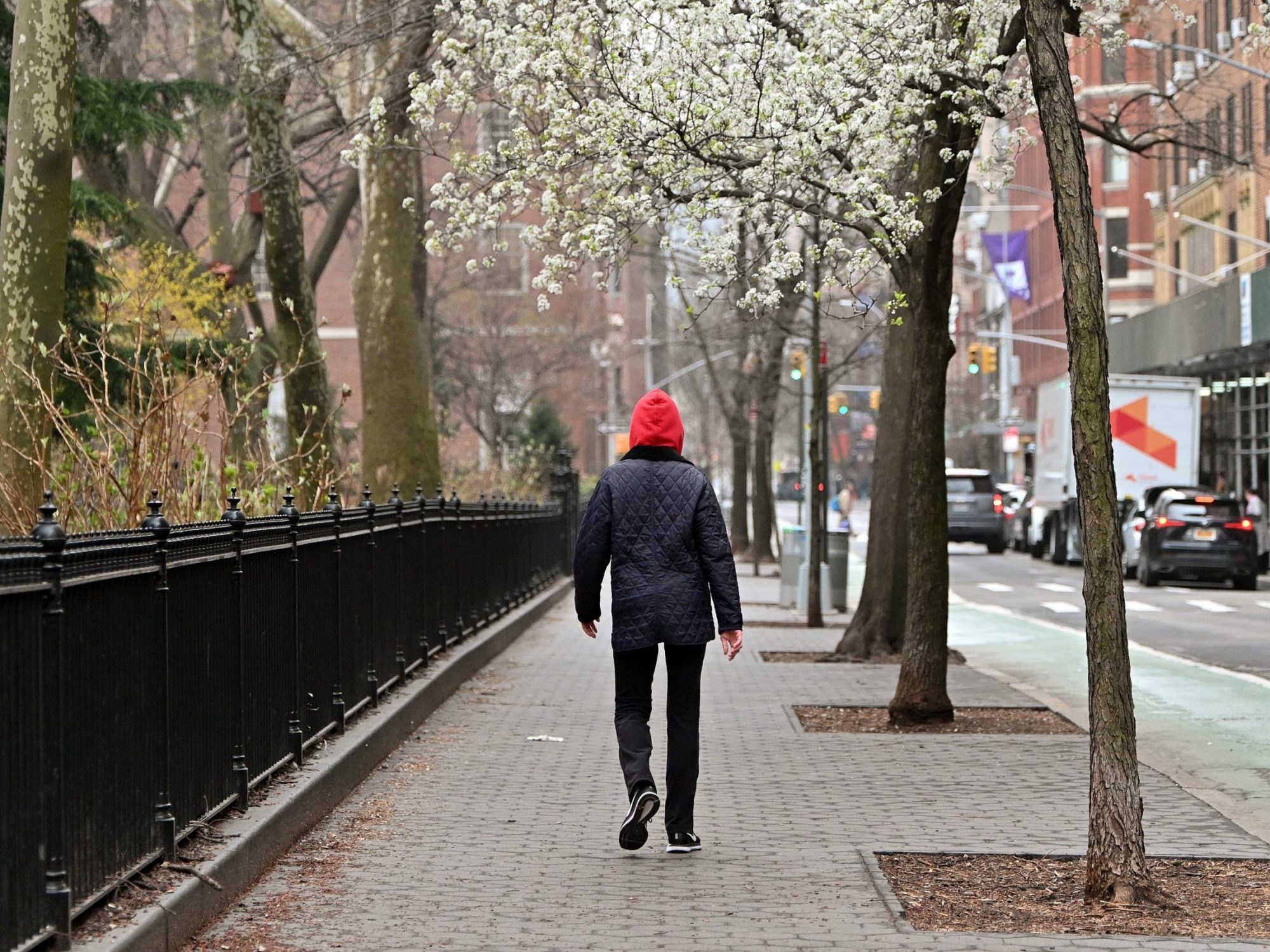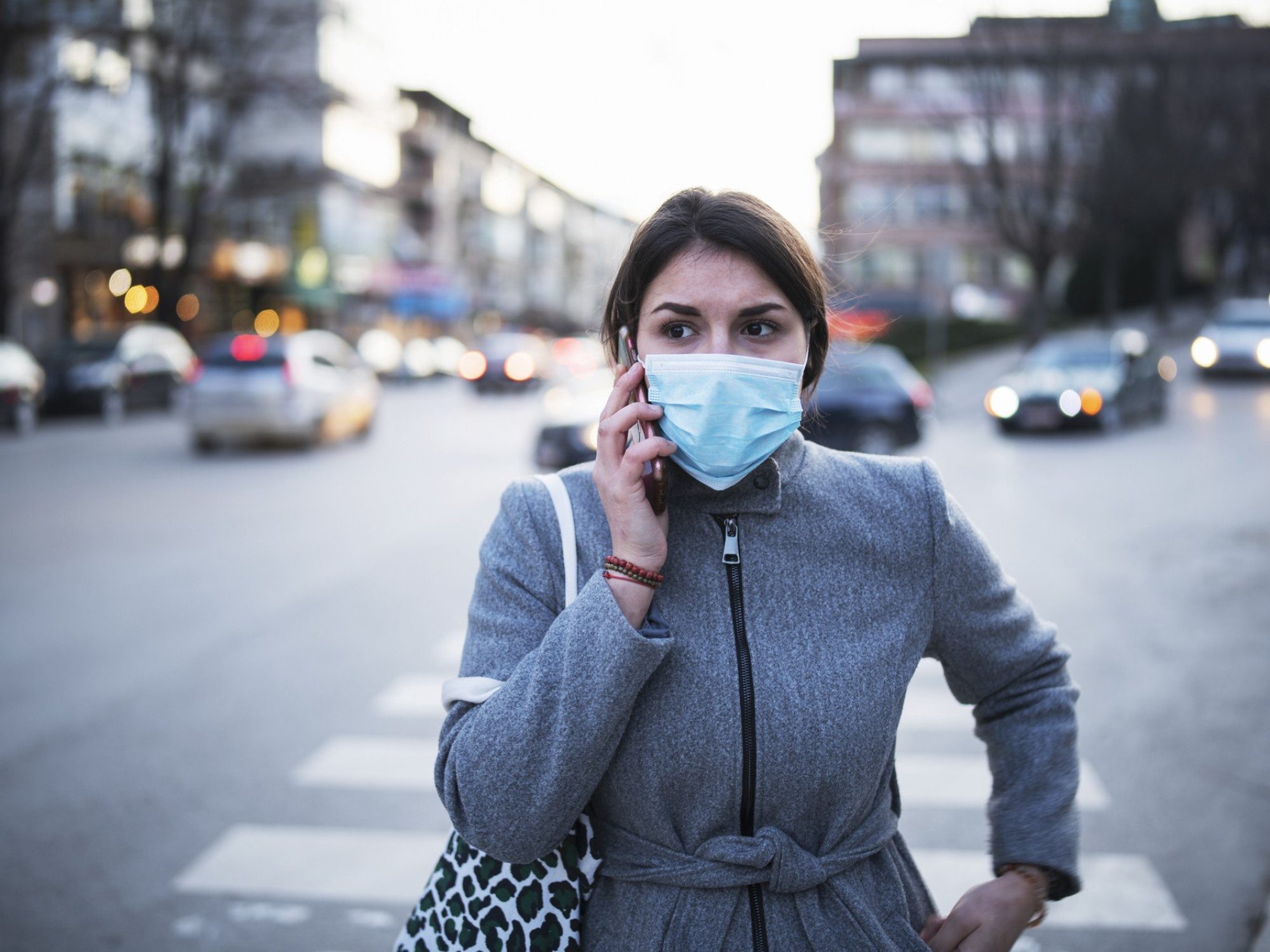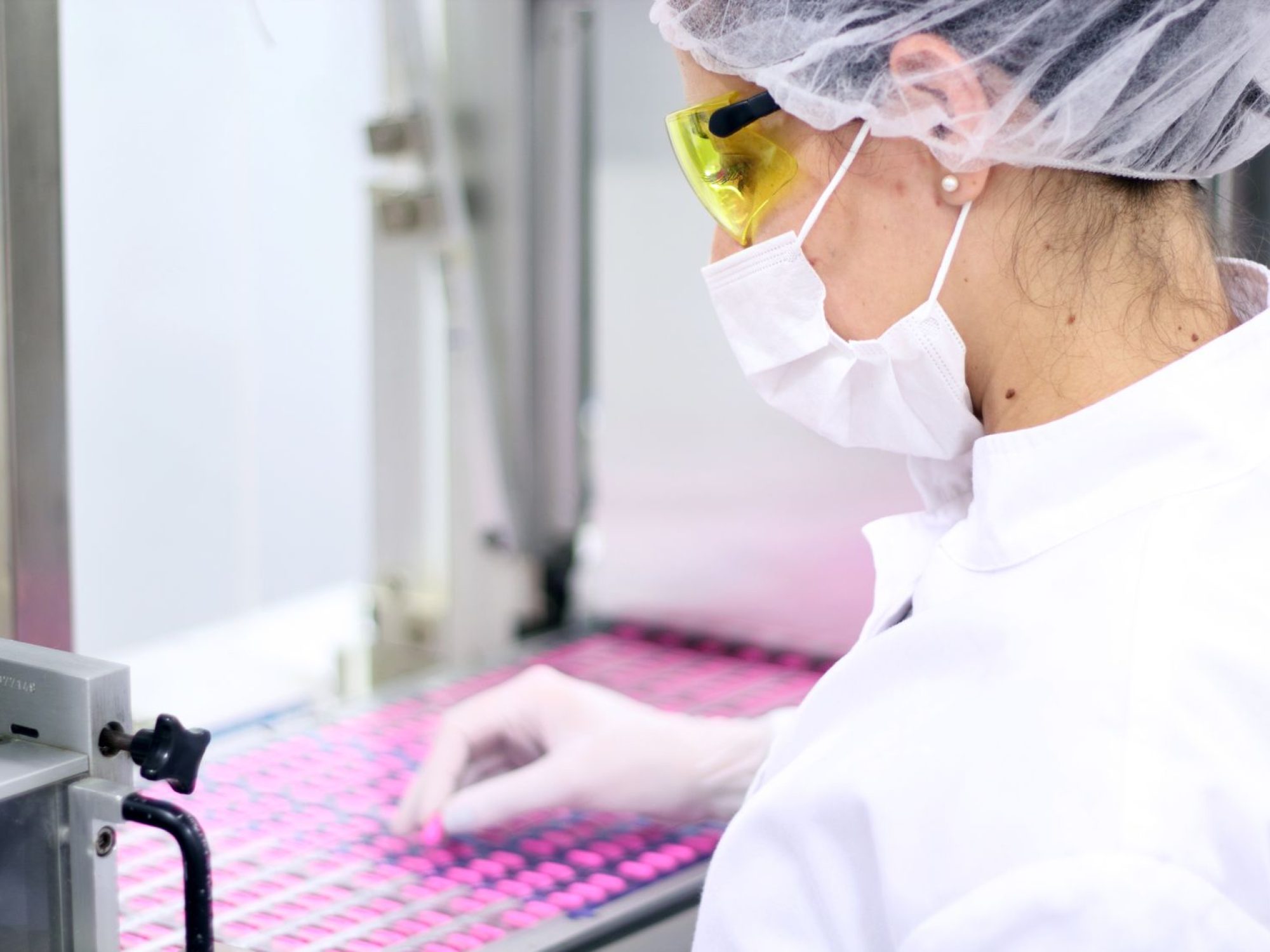And how to knock out its effects
In a 1927 essay, the legendary horror author H.P. Lovecraft wrote that “the oldest and strongest emotion of mankind is fear, and the oldest and strongest kind of fear is fear of the unknown.”
What Lovecraft recognized — and decades of psychological research has borne out — is that the human brain is uniquely vulnerable to uncertainty. There’s evidence that an inability to tolerate uncertainty is a central feature of most anxiety disorders, and that uncertainty stokes the sorts of “catastrophic interpretations” that fuel panic attacks. Some researchers have even argued that fear of the unknown is the bedrock fear that human beings experience — the one that gives rise to all other fears — and that a person’s ability to weather periods of uncertainty is a fundamental characteristic of a healthy, resilient mind.
As the world grapples with the Lovecraftian nightmare that is the Covid-19 pandemic, and as the rhythms and rituals of American life are indefinitely disrupted, there are lessons to be learned from the research on uncertainty — including some helpful ways to defang it.
According to a 2014 study in the journal Nature Reviews Neuroscience, uncertainty disrupts many of the habitual and automatic mental processes that govern routine action. This disruption creates conflict in the brain, and this conflict can lead to a state of both hypervigilance and outsized emotional reactivity to negative experiences or information. In other words, uncertainty acts like rocket fuel for worry; it causes people to see threats everywhere they look, and at the same time it makes them more likely to react emotionally in response to those threats.
“Uncertainty lays the groundwork for anxiety because anxiety is always future-oriented,” says Jack Nitschke, the study’s co-author and an associate professor of psychology at the University of Wisconsin, Madison. The human brain has the capacity to imagine all the worst things that could happen, Nitschke explains. And the more uncertainty there is — especially if that uncertainty is coupled with gloomy hypotheticals — the more likely the brain is to conjure up and fixate on the worst-case scenarios.
Wrestling with uncertainty
In some cases, grappling with uncertainty can be even more challenging than confronting a person’s worst fears. A 2008 study in the journal Cancer Nursing found that, among women with suspected breast cancers, anxiety levels tended to peak before diagnosis, not afterward. The period of uncertainty following a tumor biopsy was the most anxious time, that study found. In these and other scenarios, “having an answer and having something to focus on gives people a sense of control, and in some ways that’s easier than uncertainty,” says Michelle Newman, director of the Laboratory for Anxiety and Depression Research at the Pennsylvania State University, who was not affiliated with the study.
Even minor periods of unpredictability can cause significant negative effects. It’s one of the reasons why it’s so hard for people to tear away from the news or Twitter. Research on traffic congestion, for example, has found that the lack of control drivers feel sends stress and anger levels through the roof. Uncertain bus, train, and plane delays are also major sources of uncertainty-triggered distress. One 2014 study of U.S. bus riders found that giving people up-to-the-minute wait times was an effective way to limit anxiety and frustration. Even if the wait for a bus turned out to be long, removing the element of uncertainty made commuters feel better, that study found.
Uncertainty is so vexing that some people are willing to accept a worse outcome in exchange for uncertainty’s removal. “In people with generalized anxiety disorder, research shows that they’re more likely to make choices that they know in the long run will benefit them less, just because it resolves the uncertainty,” Newman says. A 2011 study in the journal Behavior Therapy found that anxious people tended to opt for worse odds and lower money payouts in a gambling experiment — as opposed to improved odds and more money — if this choice cut down the amount of time they had to wait to find out their bet’s outcome. Basically, the anxious people were willing to pay to avoid uncertainty.
“Uncertainty acts like rocket fuel for worry; it causes people to see threats everywhere they look, and at the same time it makes them more likely to react emotionally in response to those threats.”
Knocking out the effects of uncertainty
Different people respond to uncertainty in different ways. Unfortunately, many gravitate toward unhelpful coping strategies.
Newman says people who struggle with uncertainty often respond to it by worrying. They also tend to think that worrying will somehow help them prepare for what’s to come. This is false. “We just finished a study looking at the effect of worry on problem solving,” she says. “We found that for everybody, not just for people with generalized anxiety disorder, worry wasn’t helpful.” The more people engaged in worrying, she says, the less they felt confident in their ability to solve a problem and the worse their solutions to that problem tended to be.
Nitschke agrees that worrying is unhelpful. “If you’re going to spend six or seven hours a day worrying about the coronavirus, you’re going to be building up and strengthening neural connections that support this activity,” he says. In other words, your worrying will breed more worry.
Trying to seek out new and helpful information can also backfire. One 2009 study in BMC Public Health found that people can only process and make sense of a limited amount of information, and that consuming too much new info can lead to confusion and increased uncertainty. “Information overload may overwhelm people’s information processing capabilities,” write the authors of a related 2008 study that found cancer patients who sought information online tended to come away “frustrated and confused.”
Regarding Covid-19, Newman points out that much of the information available right now is either educated guesswork or worst-case-scenario prognosticating. People who spend a lot of their day consuming everything they can about the virus are more likely to feel confused or frightened than informed, she says.
So what can people do to combat the effects of uncertainty? Both Newman and Nitschke say focusing on the present can help dispel uncertainty and the anxiety it foments. “Do things you enjoy,” Nitschke says. “Get out a book you’ve been meaning to read or watch a little Netflix or talk with a friend on the phone — something that gets your brain into the present moment.”
This may also be the perfect time to finally give mindfulness meditation a try — or to revisit the practice. “Being in the moment and embracing the moment, which is a component of mindfulness, can distract us from worry and what may or may not happen,” Newman says. Mindfulness is a component of many Eastern philosophical and cultural traditions, she says, and many of these — such as Buddhism — emphasize “letting go” of things one has no control over.
Finally, she says carving out a specific time and place for worrying can help prevent it from overwhelming the rest of your day. For example, you might choose to spend 20 minutes each evening sitting in a chair you don’t normally use and letting your mind fret about the latest Covid-19 news. “It should be the same time and place each day, and not a location that’s associated with work or sleep or leisure,” she says. You don’t want to encourage your brain to associate your workspace or bed with worrying. Instead, you want to train it to confine its worrying to a convenient time and place.
“We all have to live with some level of uncertainty all the time, but we usually don’t focus on it,” she adds. Occupying your brain with work, chores, entertainments, or other activities unrelated to the source or your uncertainty may be the best way to shrink it down to a manageable size.
